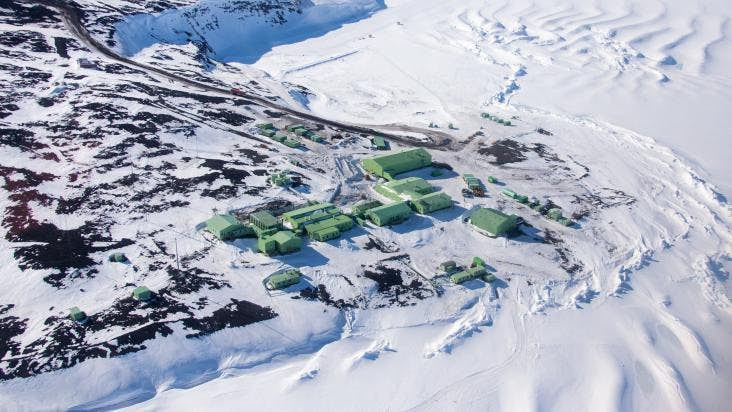
The perfect laboratory
The good news is that no specific Antarctic disease has ever been found but you would think that medical research in Antarctica would be all about the cold!! Nope. Although there is some interest in human response to cold, researchers generally are looking at other aspects of medicine.
The population of an Antarctic base are fit, usually young, eat the same diet, experience the same environment, are isolated from the rest of the world for long periods, and are subject to great seasonal differences in temperatures and sunlight. This makes them an ideal subject for medical research. Talk about lab rats!
The keys areas of medical research in Antarctica tend to fall under four headings, health care; Endocrinology, Epidemiology and the Psychology of small groups (especially isolated ones)
Some of the interesting areas of research include:
Medical records demonstrate that Antarctica is a comparatively healthy place to live. However, living in isolation and far from sources of infection appears to lower natural immunity.
Research has demonstrated a lowered responsiveness of the immune system under the isolation and confinement of the Antarctic winter, with more precise laboratory studies over the past 10 years showing that 30 percent of those working in Antarctica have altered immune responses. This is why workers returning from Antarctica often get colds or flu when they return home.
Colds or flu can spread rapidly among a station’s overwintering population with the arrival of new personnel at the end of winter. Antarctic stations during winter provide a unique opportunity to study how a disease spreads among people. Using the latest molecular biology techniques, it is possible, on a small station, to characterise every strain of a particular microbe and monitor its development and transmission.
The hormone melatonin is closely associated with regulating sleeping patterns. The long Antarctic night removes the normal melatonin secretion trigger — bright sunlight, thereby affecting sleep. Many Antarctic personnel mention disrupted sleep patterns.
Studies on using bright light to suppress melatonin secretion and on using melatonin tablets to increase the hormone have yielded promising results. Obviously, a method for correcting sleep disturbance is of great social and industrial importance.
Antarctica has been recognised as the closest thing on Earth to a testing ground for aspects of space exploration and as such has been termed a space analogue. An analog is a situation on Earth that produces effects on the body similar to those experienced in space, both physical and mental/emotional. This is one of the reasons psychologists love to study the social dynamics of remote groups in places like Antarctica. It is the closest thing on Earth to a deep space mission.
In Antarctica, you have an ideal opportunity to study personality characteristics and human interactions. Three features of behaviour are of particular interest: job performance, emotional stability, and how well a person integrates within a group.
A wide range of tests have been used, and in many countries the conclusions have been incorporated into the screening programs for selecting recruits. It has application not only for working in Antarctica but for space missions as well.
